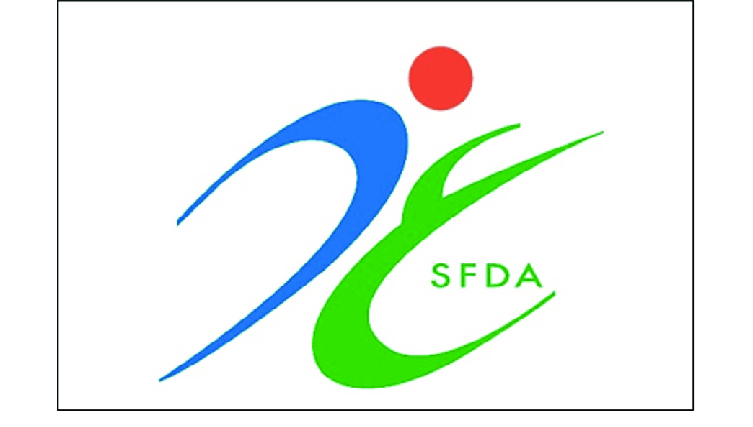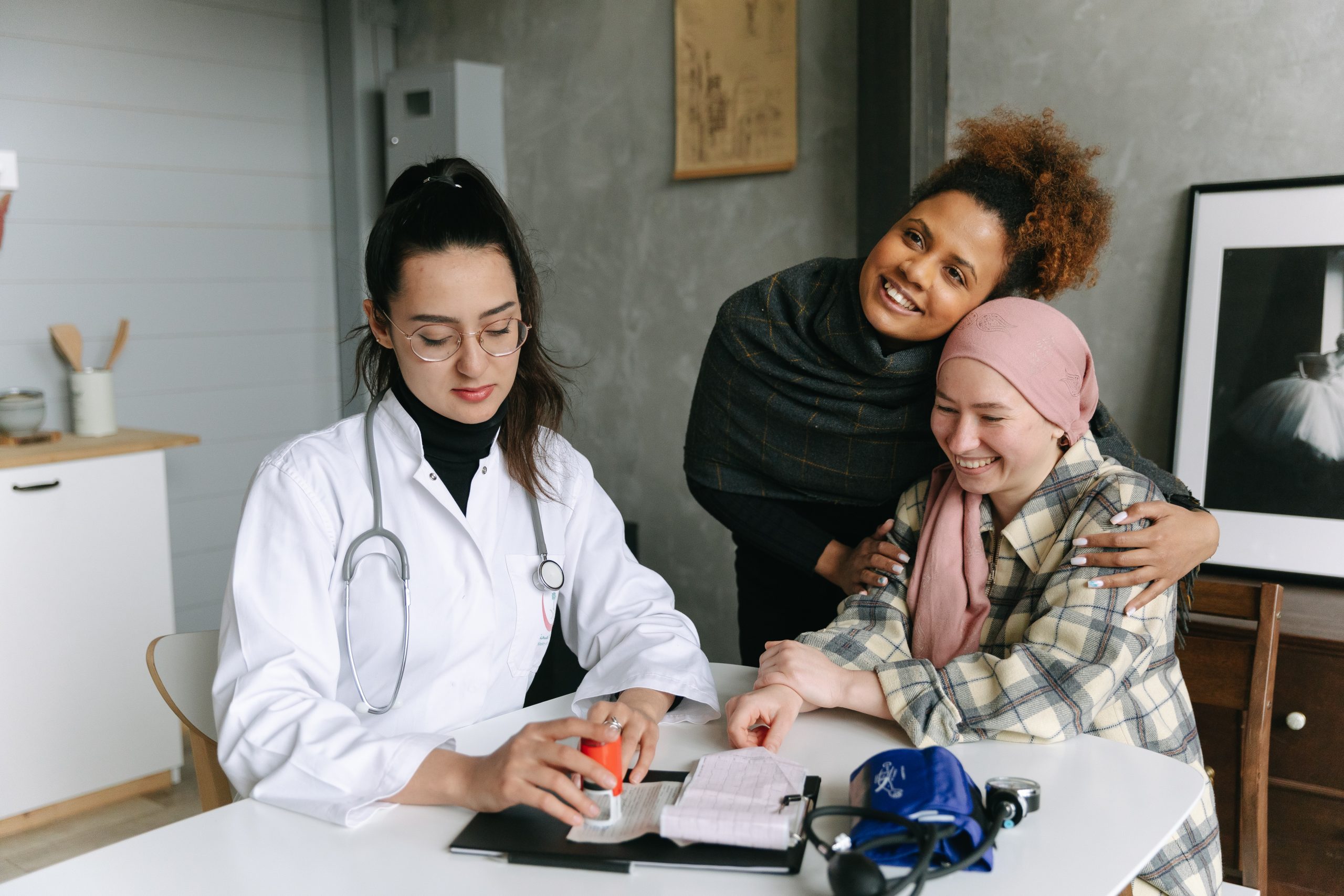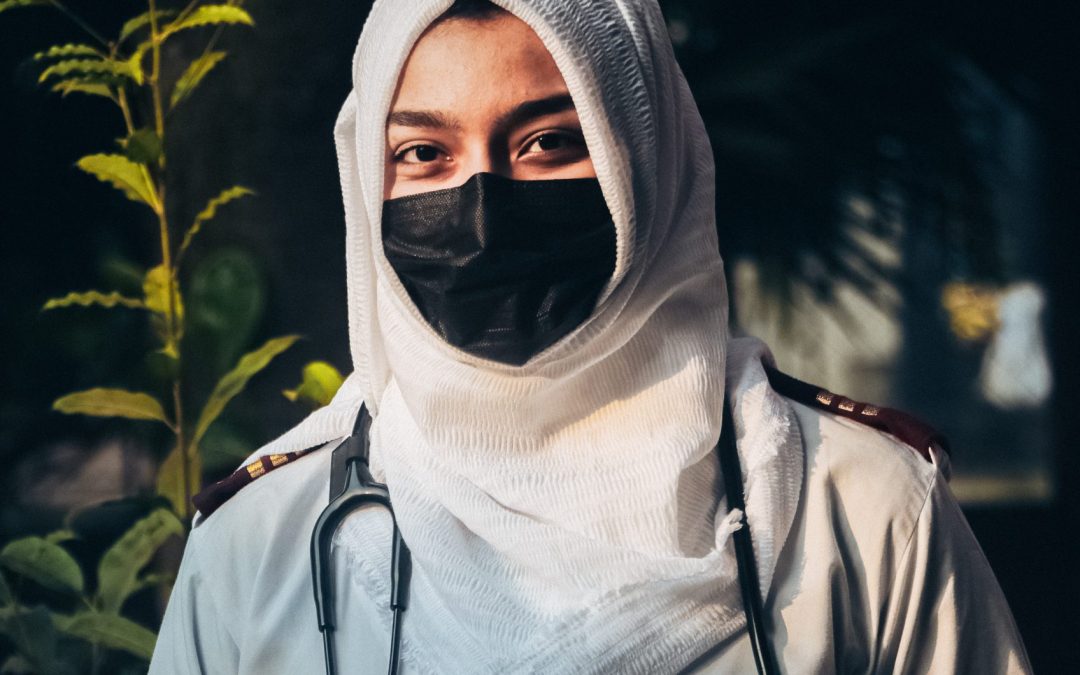
Table of Contents
The Saudi Food and Drug Administration (SFDA), a country’s regulating authority in the sphere of healthcare products, has published a guidance document dedicated to the requirements for clinical trials of medical devices. The document is intended to provide additional clarifications regarding the way applicable regulations should be interpreted and followed, as well as recommendations to be taken into consideration by medical device manufacturers and other parties involved in order to ensure compliance thereto. At the same time, provisions of the guidance are non-binding in their nature, nor are intended to introduce new rules or impose new obligations. The authority also reserves the right to make changes thereto, should such changes be reasonably necessary to reflect corresponding amendments to the underlying regulations.
The document is intended to describe in detail the requirements related to clinical trials carried out in KSA. Recommendations provided in the guidance are based on the provisions of the Medical Devices Law, and also the Implementing Regulation of Medical Devices Law.
General Requirements
First of all, the authority emphasizes that in order to be allowed to act as a Clinical Research Organization (CRO), an interested entity should apply for and obtain an establishment license to be issued by the KSA. Furthermore, it is also mentioned that a full-time Saudi national in charge of clinical trials shall be appointed, with an appropriate academic qualification not less than a bachelor’s degree, and with an experience of not less than 3 years in the field of clinical trials.
In case the device subject to clinical trials is to be imported, the appropriate permission should be obtained as well in accordance with the respective regulatory requirements. The applicable regulations also require the statement that the device is intended exclusively for clinical trials to be included in its labeling and/or the instructions for use supplied with the device.
The clinical study itself should be designed and conducted strictly in accordance with:
- Implementing Regulations of the Law of Ethics of Research on Living Creatures;
- Declaration of Helsinki;
- The standard of good clinical practice for clinical investigation of medical devices (ISO 14155) or any other similar standard;
- The standard of good study practice for clinical performance studies of in vitro diagnostic medical devices (ISO 20916) or any other similar standard.

Processes and Procedures
The document further described in the detail the procedures associated with clinical trials. As the very first step, before commencing a study, the appropriate application is to be submitted by an interested party. According to the guidance, such an application could be submitted by a local sponsor, an authorized representative of a foreign sponsor, or a Contact Research Organisation. The appropriate request should be submitted to the authority via email. Once the application is received, the authority will review it and, within 5 days, notify the applicant whether it is deemed to be completed or some documents are missing. The applicant will have to provide missing documents within 60 days from the date of initial submission otherwise the application will be considered void.
Once all the documents required are provided, the authority will undertake a substantial review of the application and, within 60 days, communicate the decision taken to the applicant. In particular, if any and all conditions and requirements are satisfied in full, the authority will issue a “No Objection Letter”, otherwise an “Objection Letter” will be issued, and the applicant will be allowed to object to such a decision within 30 days.
The document also mentions that the authority is entitled to conduct an inspection of the facilities participating in the study without prior notice. Apart from this, the authority should be duly notified of any deviations from the approved clinical investigation plan within 5 days, in case such deviations could affect the safety of study participants.
In accordance with the applicable regulatory requirements, any serious adverse events occurring in the course of a clinical investigation should be reported within 10 days from the date of occurrence, while device deficiencies should be reported within 30 days.
Once a clinical study is completed, the final report should be duly submitted to the authority in accordance with the requirements set forth in the respective regulations. The authority should be notified about the completion within 10 days calculated from the last patient follow-up.
Should the authority identify a serious breach with respect to the approved clinical investigation protocol that could affect the safety of study participants, the authority will be entitled to suspend the trial.
Documentation
The guidance also outlines the scope of documentation required in the context of a clinical trial. According to the guidance, the set of documents to be submitted before commencing a clinical trial includes:
- Application form for clinical trials of medical device.
- Labelling of the medical device.
- Agreement between sponsor/authorized representative and study site/principal investigator.
- Agreement between sponsor/authorized representative and CRO.
- Local Research Ethics Committee (REC) Approval Letter.
- Clinical Investigation Plan (CIP) or Clinical Study Protocol (CSP).
- Investigator’s Brochure (IB).
- Informed consent.
- Medical insurance policy.
- CV and qualification of Principal Investigator(s) and Investigator(s).
- Disclosure of Principal Investigator Conflict of Interests.
- Authorized Representative (AR) License.
- CRO Establishment License.
In addition to the above list, the authority also outlines the scope of documents required during the clinical trial and after its completion.
In summary, the present SFDA guidance provides an overview of the existing regulatory requirements in the sphere of clinical trials of medical devices. The document highlights the key points to be taken into consideration by the parties responsible for the trial in terms of communication with the authority and documentation required.
Sources:
https://sfda.gov.sa/sites/default/files/2022-12/MDS-REQ2_En.pdf
How Can RegDesk Help?
RegDesk is a holistic Regulatory Information Management System that provides medical device and pharma companies with regulatory intelligence for over 120 markets worldwide. It can help you prepare and publish global applications, manage standards, run change assessments, and obtain real-time alerts on regulatory changes through a centralized platform. Our clients also have access to our network of over 4000 compliance experts worldwide to obtain verification on critical questions. Global expansion has never been this simple.

